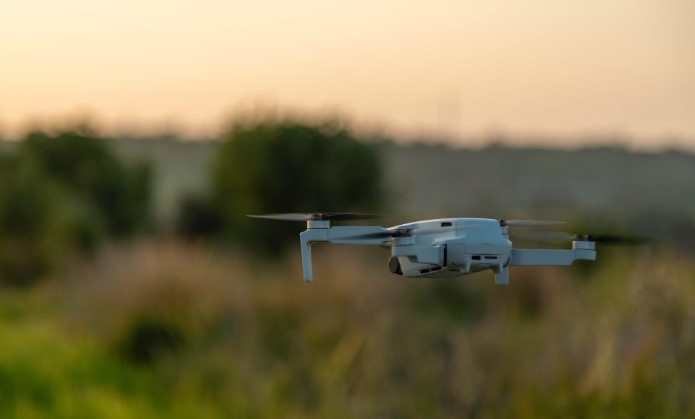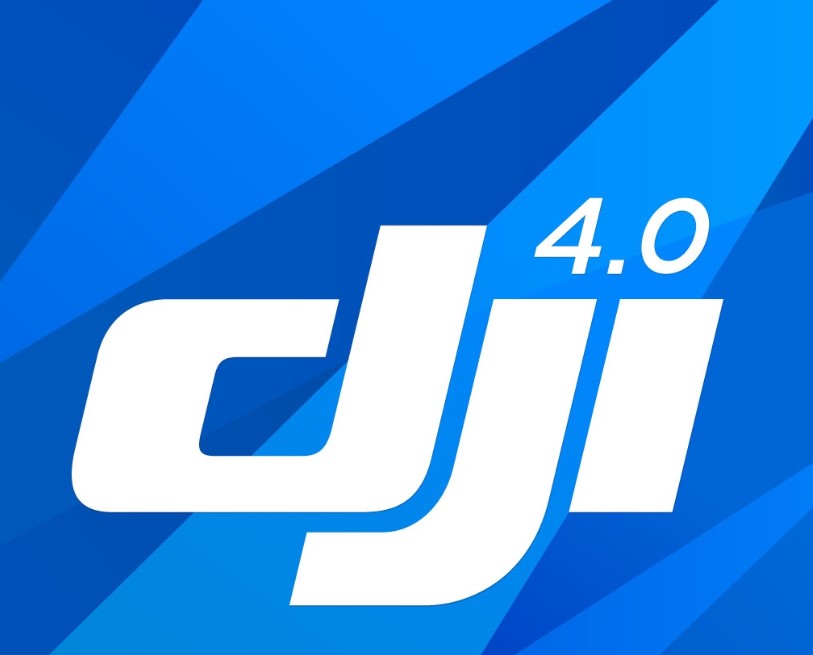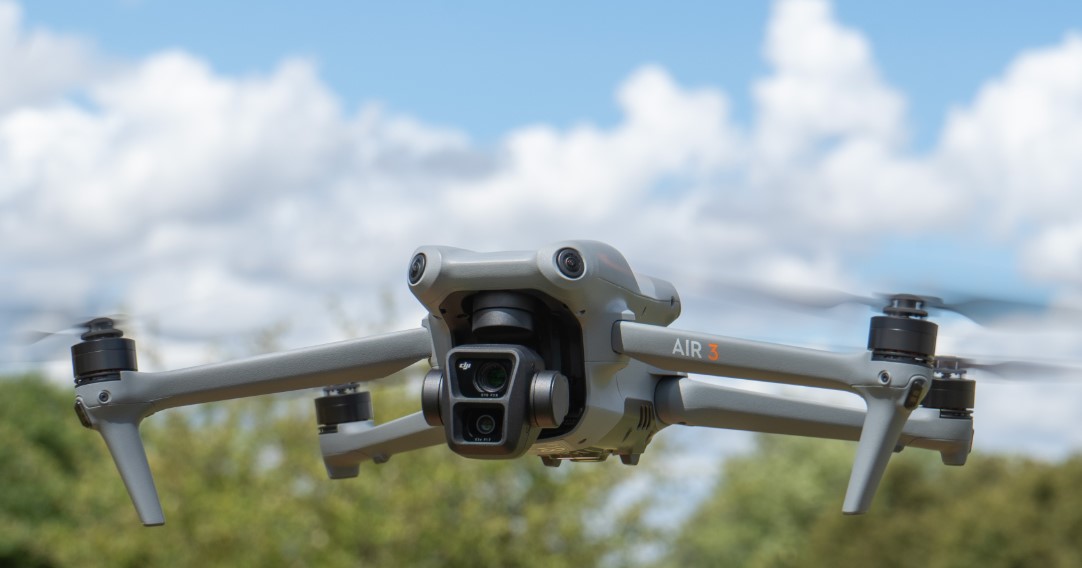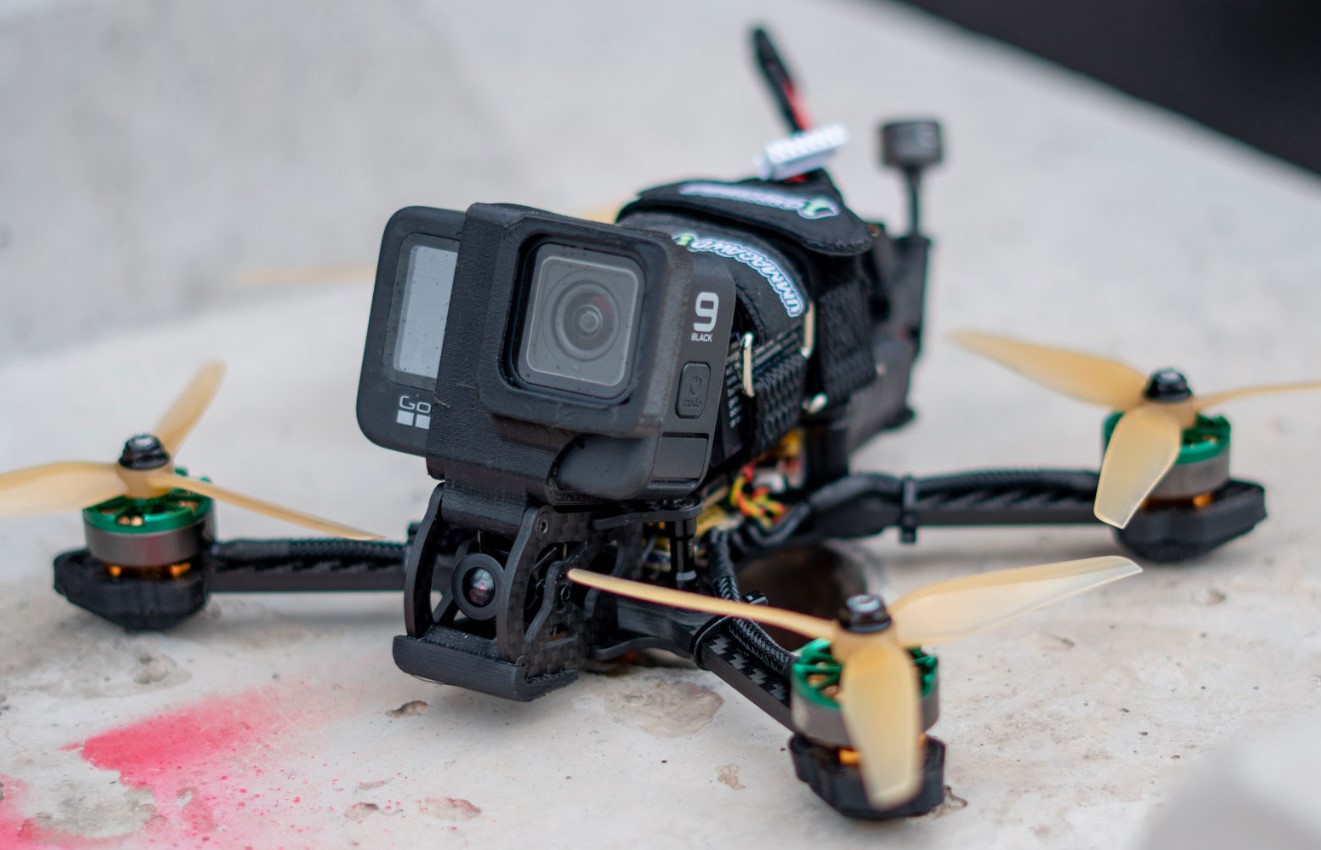Is Drone Deer Recovery Legal in Minnesota? This essay explores whether drone deer recovery is legal in Minnesota, considering state laws, ethical concerns, and the practical implications of this technology. Follow Dronevoz.com !!!
Understanding Drone Deer Recovery
Drone deer recovery involves using unmanned aerial vehicles (UAVs) equipped with cameras and thermal imaging to locate wounded or deceased deer. Hunters or wildlife managers employ drones to track game more efficiently, especially in challenging terrains or dense forests. Proponents argue that this technology reduces the chances of leaving wounded animals unrecovered, thereby promoting ethical hunting practices. However, detractors raise concerns about privacy, fair chase principles, and the potential misuse of drones in hunting.
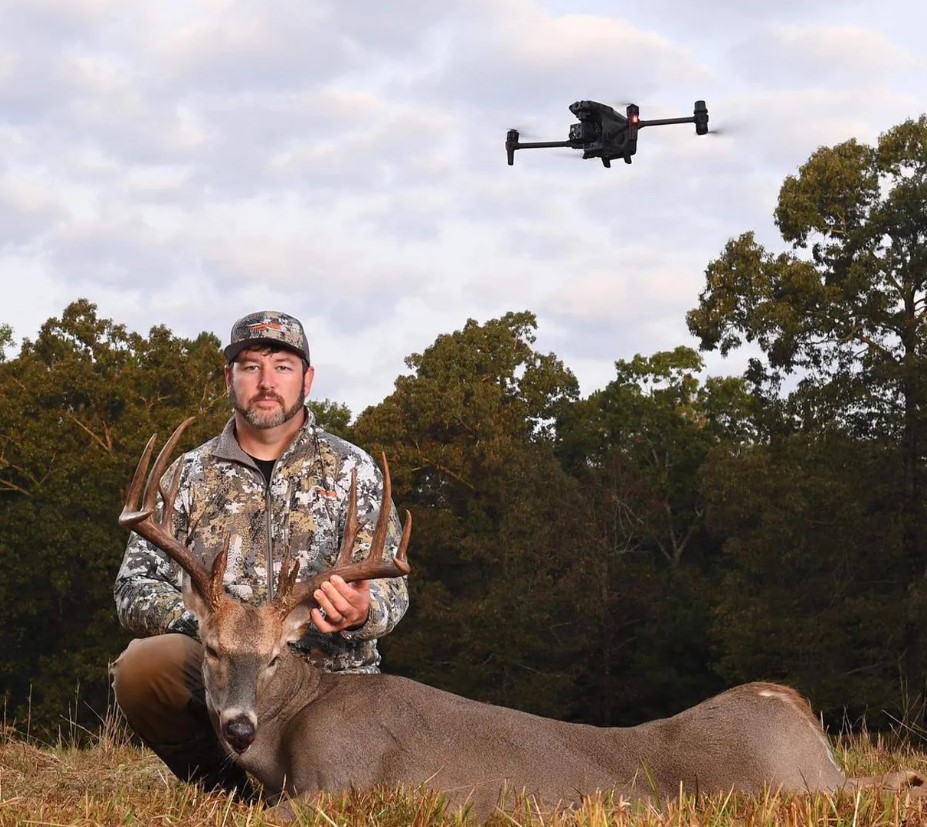
Is Drone Deer Recovery Legal in Minnesota? Minnesota’s Stance on Drones in Hunting
To determine whether drone deer recovery is legal in Minnesota, it is crucial to examine the state’s hunting regulations and drone usage laws. The Minnesota Department of Natural Resources (DNR) governs hunting practices and emphasizes ethical, sustainable, and fair chase principles. According to Minnesota’s hunting regulations:
- Prohibition of Electronic Devices: Minnesota law prohibits the use of motorized or electronic devices to assist in the taking of game. Drones, as electronic devices, fall under this category.
- Fair Chase Principles: The state’s hunting ethics strongly emphasize fair chase, which means hunters should give animals a reasonable opportunity to evade pursuit. Using drones to locate or recover game may violate this principle, as it provides hunters with an undue advantage.
- Federal and State Drone Laws: The Federal Aviation Administration (FAA) regulates the airspace over Minnesota, and drone operators must comply with FAA rules. Additionally, Minnesota enforces state-specific drone laws that address privacy and trespassing concerns, restricting the use of drones for activities that may infringe on private property or disrupt wildlife.
Based on these considerations, drone-assisted deer recovery is generally not permitted for hunting purposes in Minnesota. Hunters must adhere to traditional methods of tracking and recovering game to align with the state’s ethical and legal standards.
>>> Read More: Is Drone Deer Recovery Legal in Michigan?
Exceptions and Gray Areas
While the outright use of drones for deer recovery is prohibited in most cases, there are certain nuances and potential exceptions:
- Scientific Research and Wildlife Management: Wildlife agencies or research institutions may obtain special permits to use drones for population surveys, habitat monitoring, or other conservation efforts. However, these activities are distinct from hunting and fall under regulated scientific practices.
- Private Land Use: On private property, landowners may seek permission to use drones for non-hunting purposes, such as locating carcasses for environmental reasons. Even so, they must ensure compliance with FAA regulations and avoid violating state laws.
- Emergencies: In rare cases, drones might be employed in emergencies, such as locating injured animals reported by the public or recovering animals that pose a safety risk. These situations require explicit authorization from the Minnesota DNR.
Ethical Considerations
The debate over drone deer recovery extends beyond legality into the realm of ethics. Ethical hunting practices are grounded in respect for wildlife, the environment, and the principles of sportsmanship. Critics of drone-assisted recovery argue that it undermines these values by:
- Eroding Fair Chase: Drones offer hunters an unfair advantage by enabling them to track animals with minimal effort. This technological edge contradicts the traditional spirit of hunting, which values skill, patience, and perseverance.
- Disrupting Wildlife: The noise and presence of drones can disturb other animals in the area, potentially altering their natural behavior and causing stress.
- Privacy Concerns: Drone use near private property raises concerns about surveillance and trespassing, which can lead to disputes among landowners and hunters.
Proponents, however, highlight that drone deer recovery can improve ethical outcomes by reducing the suffering of wounded animals and minimizing waste. By efficiently locating game, hunters can ensure that their harvests are fully utilized, aligning with principles of conservation and respect for wildlife.
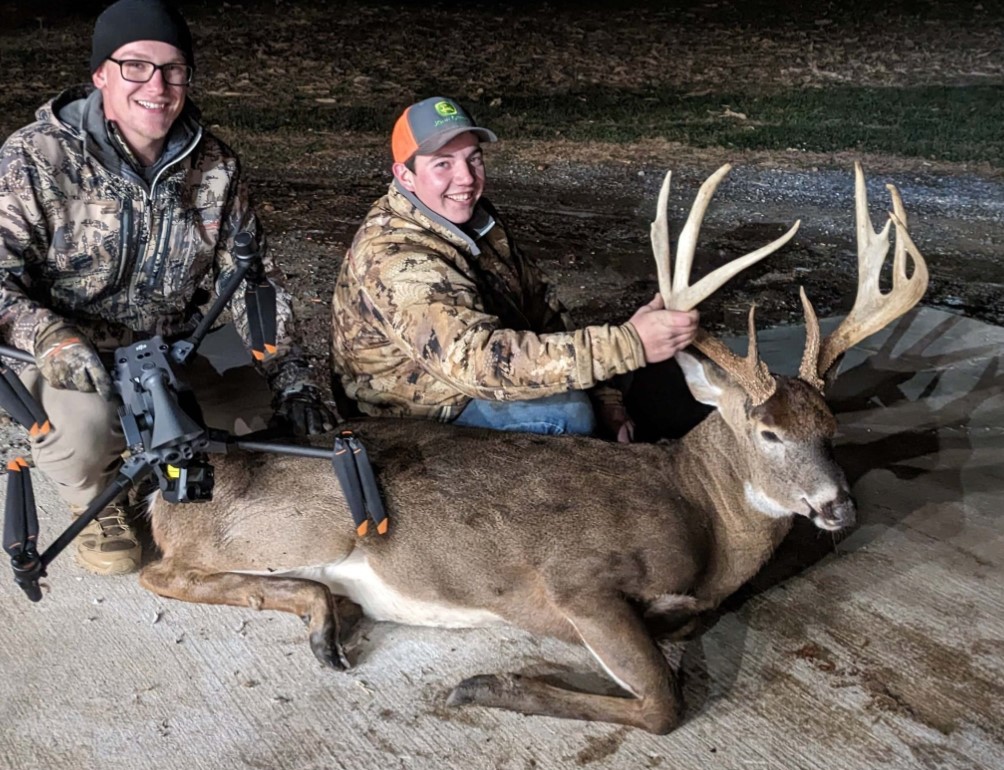
Alternatives to Drone Deer Recovery
Given the legal and ethical constraints in Minnesota, hunters must rely on alternative methods for deer recovery. Some viable options include:
- Tracking Dogs: Trained dogs can effectively follow scent trails to locate wounded or deceased deer. This traditional method is highly effective and widely accepted within the hunting community.
- Experienced Trackers: Collaborating with skilled trackers or using personal tracking skills can yield successful recovery outcomes. Hunters are encouraged to invest time in learning these techniques.
- Improved Shooting Practices: Ethical hunting begins with responsible shooting. Hunters should ensure they have clear shots and are proficient with their weapons to reduce the likelihood of wounding animals.
- Community Networks: Joining local hunting groups or networks can provide access to collective knowledge and resources, including assistance with game recovery.
>>> Read: Is Drone Deer Recovery Legal in Iowa?
Broader Implications of Drone Usage in Hunting
The controversy surrounding drone deer recovery in Minnesota reflects broader debates about technology’s role in hunting and wildlife management. As technology advances, states must adapt their laws to address new challenges while preserving ethical and ecological integrity. Key considerations include:
- Balancing Innovation and Tradition: While technology can enhance efficiency and safety, it is essential to ensure that it does not compromise the cultural and ethical foundations of hunting.
- Environmental Impact: The impact of drones on wildlife behavior and habitats must be carefully studied to avoid unintended consequences.
- Public Perception: Hunting practices are often scrutinized by the public. Ethical controversies, such as drone usage, can influence societal attitudes toward hunting and conservation.
Conclusion
In Minnesota, drone-assisted deer recovery is generally prohibited due to state hunting laws, ethical considerations, and the emphasis on fair chase principles. While drones offer promising applications in wildlife management and conservation, their use in hunting contexts raises significant legal and ethical concerns. Hunters in Minnesota are encouraged to embrace traditional recovery methods and adhere to responsible, ethical practices that honor the state’s rich hunting heritage.
As technology continues to evolve, ongoing dialogue among policymakers, conservationists, and hunting communities will be crucial to ensure that advancements align with ethical standards and ecological priorities. For now, Minnesota’s stance on drone deer recovery serves as a reminder of the delicate balance between innovation and tradition in the realm of wildlife management.
